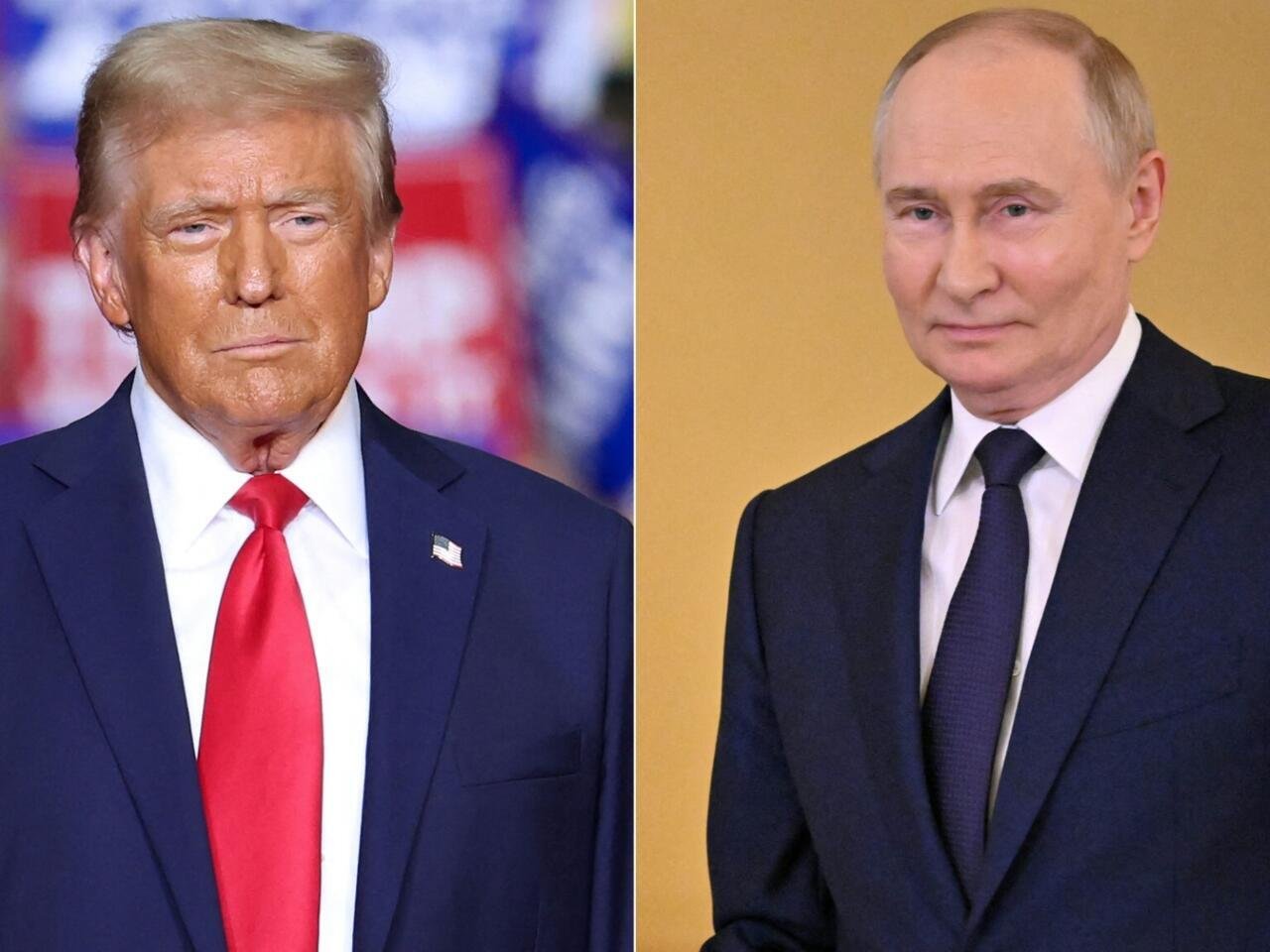The United States is losing ground in the global information battle against Russia due to the decline of its soft power and reduced investment in countering disinformation, former US ambassador Daniel Rosenblum has cautioned. Speaking on September 15, 2025, Rosenblum shared his concerns in a Yale Daily News article, stressing that Washington’s retreat from long-standing tools of influence has created space for Moscow and Beijing to expand their reach.
Retreat from soft power leaves a vacuum
Rosenblum pointed to Washington’s decisions to scale back USAID initiatives, cut funding for Voice of America and Radio Free Europe/Radio Liberty, and dismantle anti-disinformation infrastructure since 2023. These steps, he argued, have weakened America’s ability to respond to hostile narratives, particularly in Central Asia. The loss of 1,300 State Department staff has further undermined diplomatic capacity. In this vacuum, Russia has intensified its media campaigns, leveraging state-controlled outlets to push narratives aimed at discrediting the United States and Western institutions.
Russia’s disinformation strategies
Examples cited in the report include claims that the US opened a “NATO base” in Kazakhstan—when in fact it was a NATO information center funded by Washington—along with false allegations about “American biological laboratories” developing weapons. Moscow’s efforts combine diplomatic messaging with cultural initiatives and state-backed media, ensuring a broad spectrum of influence. These tactics, Rosenblum warned, have eroded trust in US intentions while bolstering Russia’s credibility among local populations with historical and cultural ties to Moscow.
China steps in as American presence shrinks
Alongside Russia’s assertiveness, China has expanded its influence through investments tied to the Belt and Road Initiative, funding infrastructure projects, language programs, and cultural exchanges. With US soft power tools curtailed, Beijing has increasingly filled the gap in regions like Central Asia, strengthening its long-term position while the United States has reduced health, educational, and agricultural exchanges once central to its image abroad.
Reputational risks and the need for new strategies
Although these developments do not pose a direct military threat, Rosenblum emphasized that America’s reputation, diplomatic leverage, and ability to persuade others have suffered. The steady erosion of credibility in contested regions could undermine alliances and weaken trust in US-led initiatives. Analysts note that President Donald Trump’s budget-driven cuts and isolationist policies have accelerated this trend, leaving Washington struggling to defend its narrative. To counter these shifts, experts argue the US must rethink its cultural and public diplomacy, updating traditional methods and coordinating more closely with allies to regain lost ground.









